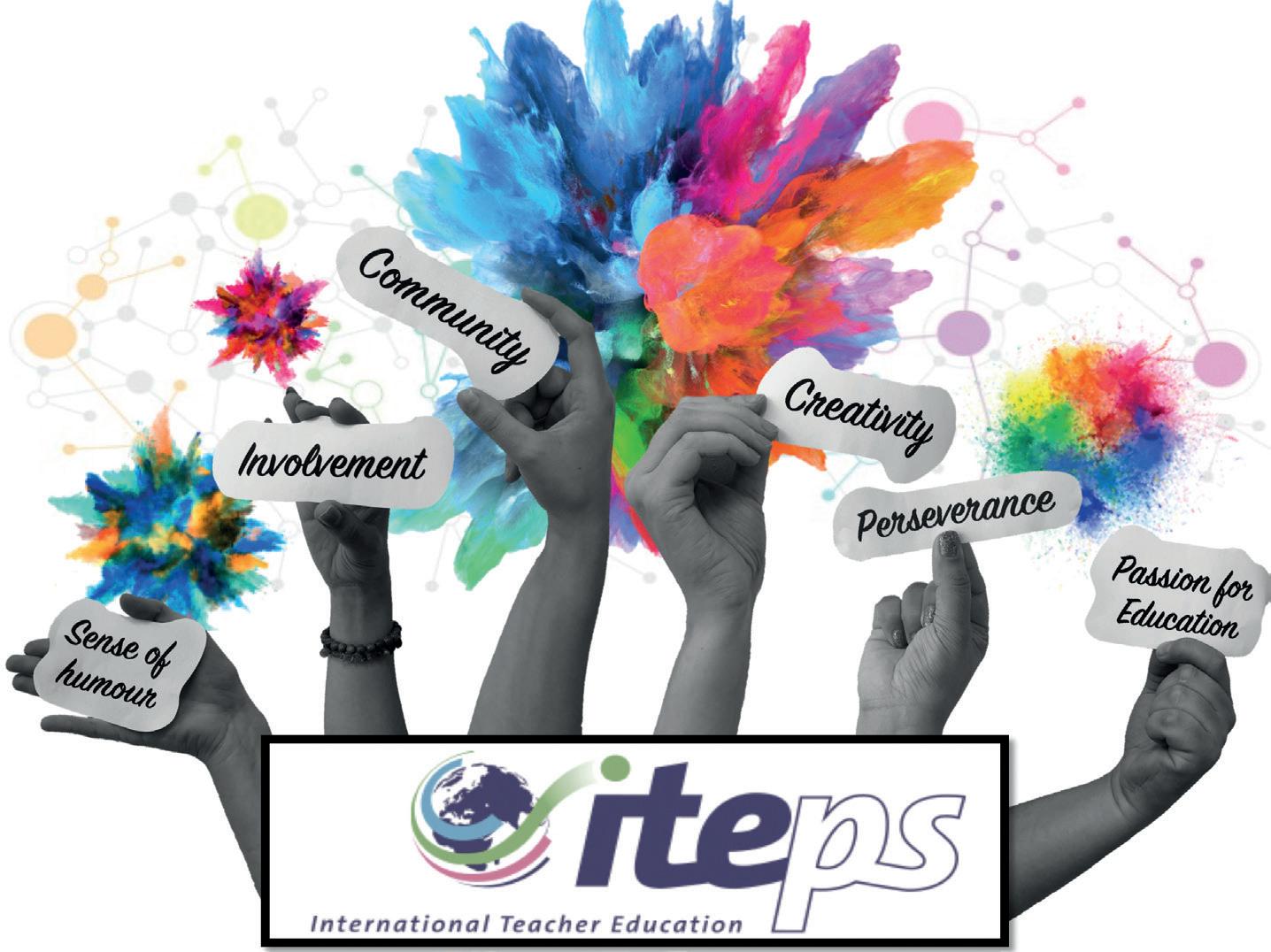Book reviews
Offline
Free your mind from smartphone and social media stress by Imran Rashid and Soren Kenner Capstone (2019) Reviewed by Finja Kruse In Offline, Imran Rashid and Soren Kenner take us on a research-based journey of subconscious manipulation, and spark an international debate around the influences of social media. The book explores the effects of devices and social media on our behaviour, using scientific evidence and additional publications as a backdrop for the scary reality of using technology, tech companies’ manipulation and the evolutionary changes we subconsciously undergo. Though the size of the book suggests an easy ‘afternoon read’, the content makes us question our awareness of how technology influences our behaviour. It isn’t until we put the book aside, and pause for a moment to reflect upon what we have read, that we suddenly realise how unaware we are of mind hacks and their effects. Whether parents, teachers or educators, digital knowledge is essential when we want to succeed in bringing up new generations of digital natives. Why it is that we rarely challenge the effects of social media usage, even though questioning the world around us is a human habit? Rashid and Kenner introduce us to mind hacks (tricks that companies/devices use to capture and keep our attention fixed using ‘addictive design’) in an eye-opening sequence of evolutionary change through digital manipulation. They provide us with some background as to why they decided to write the book, and introduce terms such as DFRAG (digital fragmentation syndrome) that describes digital interactions as the cause of constant fragmentation of humans’ experience of time, space and consciousness. They categorise these symptoms into physiological, psychological and social symptoms as the unintended and unpredicted consequence of what they describe as ‘digital pollution’ (side effects of digital manipulation strategies). The book is divided into seven chapters and introduces us to tech industries and the evolutionary change of our brain. It begins with the exploration of human needs and the effect of digital hacks, and reaches its destination in a guide to counteract the pollution, and tear down unwanted digital habits. In the first chapter the authors refer to the internet and its complementary technologies as the biggest cultural tsunami since the industrial revolution. The shift towards information overload and the transformation of purpose-oriented tools towards digital distractions pose a major challenge for teachers and parents with children growing up within this environment. The next three chapters elaborate on the evolution of consciousness, understanding mind hacks and the human need for socialisation which causes DFRAG symptoms to accelerate as mental health is affected by the lack of human interaction, anxiety about missing out, and sleep deprivation due to time spent online. Autumn
Spring |
| 2020
The next couple of chapters focus on the scary reality of how much the tech industry and advertisers know about us and their strategies to keep us riveted to their services. In Chapter six the authors revisit a large number of studies indicating a wide spectrum of detrimental effects caused by social media usage, and call attention to unintended side effects. Rashid and Kenner conclude with the revealing truth that ‘[T]he road ahead is all about the choices you make’. The final chapter intends to facilitate conscious decision-making about the usage of digital devices and social media, and the choice as to when and where to take a break and simply go offline once in a while. While the changes are simple, taking the step to go offline is not easy. For educators in the digital age the use of technology seems inevitable, and while the book does not demonize social media, smartphones, tablets or the internet, it acknowledges the growing opportunities for classrooms, schools and 21st century teaching and learning. However, in order to use these as a medium for purposeful education, a solid understanding of the risks and mitigation strategies to embrace the positives and diminish the risks is utterly important. Realising that our ability to focus, mental health and time management are possible zones of danger, we can counteract these risks by using the school environment to engage actively in making conscious choices of going offline, taking a step back and evaluating the use of devices and resources with students. The authors emphasise the importance of forming healthy digital habits rather than trying to get rid of technology or abandon its tools. International schools have the power to embrace these healthy habits and promote a better understanding of technology and its associated dangers. Ergo, students’ awareness is enhanced, and they can reapply their understanding outside of the school environment. As a final point, it should be noted that the majority of studies in this area stem from ‘western’ contexts. It would be valuable if further studies could include greater diversity in order to achieve a broader range of depth and cultural insights. Finja Kruse is a Lower School teacher of Art and PE at Dwight School London Email: finja.kruse@outlook.com
71

























